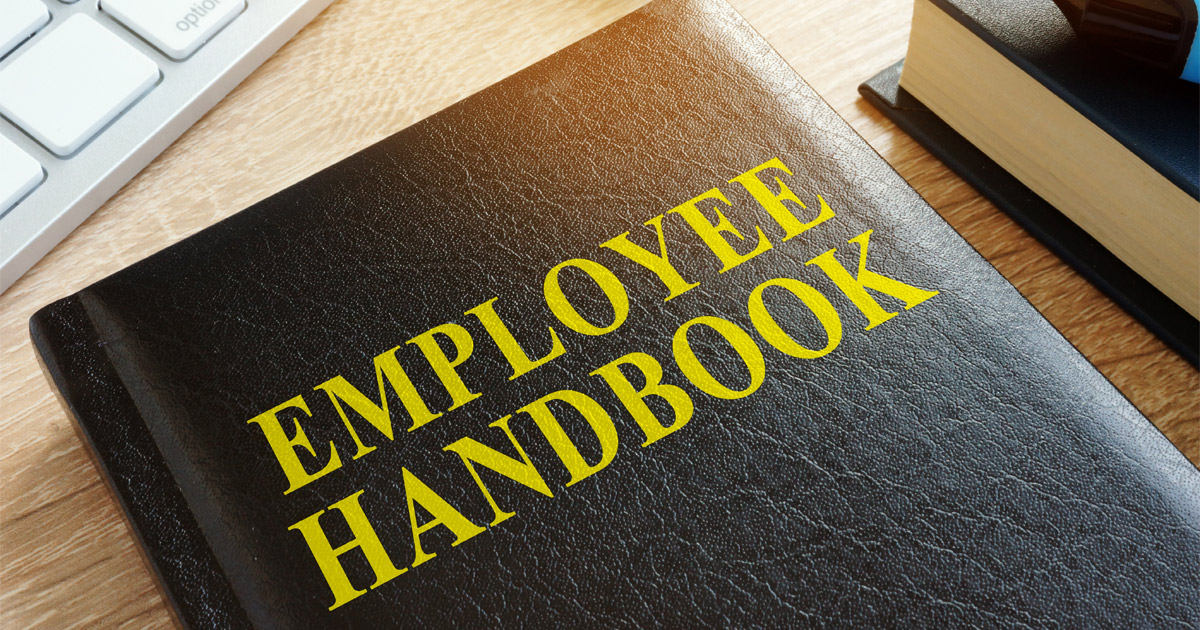What to Do if You Suspect Retaliation After Reporting Workplace Violations?

Reporting a workplace violation is a significant and often difficult decision. Whether you raised concerns about harassment, discrimination, wage theft, safety violations, or other unlawful conduct, the law protects your right to do so without fear of retaliation. Unfortunately, some employers may respond in ways that aim to punish or discourage employees who speak out. If you suspect that you are being treated unfairly because you reported misconduct, it is essential to take the situation seriously and understand your rights.
Recognizing Signs of Retaliation in the Workplace
Workplace retaliation does not always come in the form of immediate termination. In fact, it often starts subtly. You might begin noticing that you are being excluded from meetings or projects you once led. Perhaps your job responsibilities have been altered without explanation, or your once-positive performance evaluations have turned unusually critical. These changes may not be coincidental if they closely follow your report of a workplace violation.
Other signs of retaliation can include being passed over for promotions, receiving unwarranted disciplinary actions, or being reassigned to less desirable shifts or job duties. In some cases, your coworkers may begin to treat you differently, especially if management has made your report known in a way that fosters resentment or suspicion. These behaviors can create a hostile work environment that negatively affects your ability to perform your job.
It is important to pay attention to changes in your treatment, particularly those that occur shortly after your complaint. Keep detailed notes documenting dates, conversations, changes in responsibilities, and any written communication that could support your concerns. Patterns matter, and a well-organized record can serve as critical evidence if you choose to pursue legal remedies.
Remember, retaliation can be psychological as well as professional. Sudden micromanagement, unreasonable expectations, or exclusion from team activities can all contribute to a retaliatory environment. If you begin to feel isolated, marginalized, or punished without a clear, legitimate reason, it is worth evaluating whether these changes may be retaliatory in nature.
Steps to Take If You Believe You Are Being Retaliated Against
If you believe you are the target of retaliation, your first step should be to review your employee handbook or company policies regarding internal complaints. Many employers have protocols in place for reporting retaliation, often involving human resources or a designated compliance officer. Submitting a formal complaint internally may provide a clear path for resolution, and it also demonstrates that you are attempting to resolve the issue in good faith.
While following internal processes, continue gathering and organizing any evidence related to your claim. This includes emails, texts, performance reviews, schedules, and written job descriptions that can help document changes in your work environment. Eyewitness statements from colleagues who observed the retaliation may also support your case.
It is equally important to consult with an employment attorney as early as possible. A legal professional familiar with Pennsylvania and federal employment laws can offer valuable insight into your rights and help you assess whether the changes you are experiencing amount to unlawful retaliation. Legal counsel can also assist in filing a complaint with the appropriate government agency, such as the Equal Employment Opportunity Commission (EEOC) or the Pennsylvania Human Relations Commission (PHRC), if necessary.
Keep in mind that retaliation claims are subject to strict deadlines. Failing to act within the required time limits can affect your ability to seek compensation or corrective action. Taking early steps to protect yourself ensures that you preserve your legal options and puts you in a better position to build a strong case.
You should also avoid discussing your suspicions or case with coworkers or supervisors unless advised by your attorney. Workplace rumors or misunderstandings could complicate your situation or trigger further retaliation. Your focus should remain on addressing the problem through appropriate legal channels and maintaining a professional demeanor throughout the process.
Philadelphia Employment Lawyers at Sidkoff, Pincus & Green P.C. Help You Protect Your Rights
If you believe you are being retaliated against for doing the right thing, we are here to help you protect your rights and pursue the justice you deserve. Speak with the Philadelphia employment lawyers at Sidkoff, Pincus & Green P.C. about how we can help you. Contact us online or call us at 215-574-0600. Located in Philadelphia, we proudly serve clients in South Jersey, Pennsylvania, and New Jersey.
























